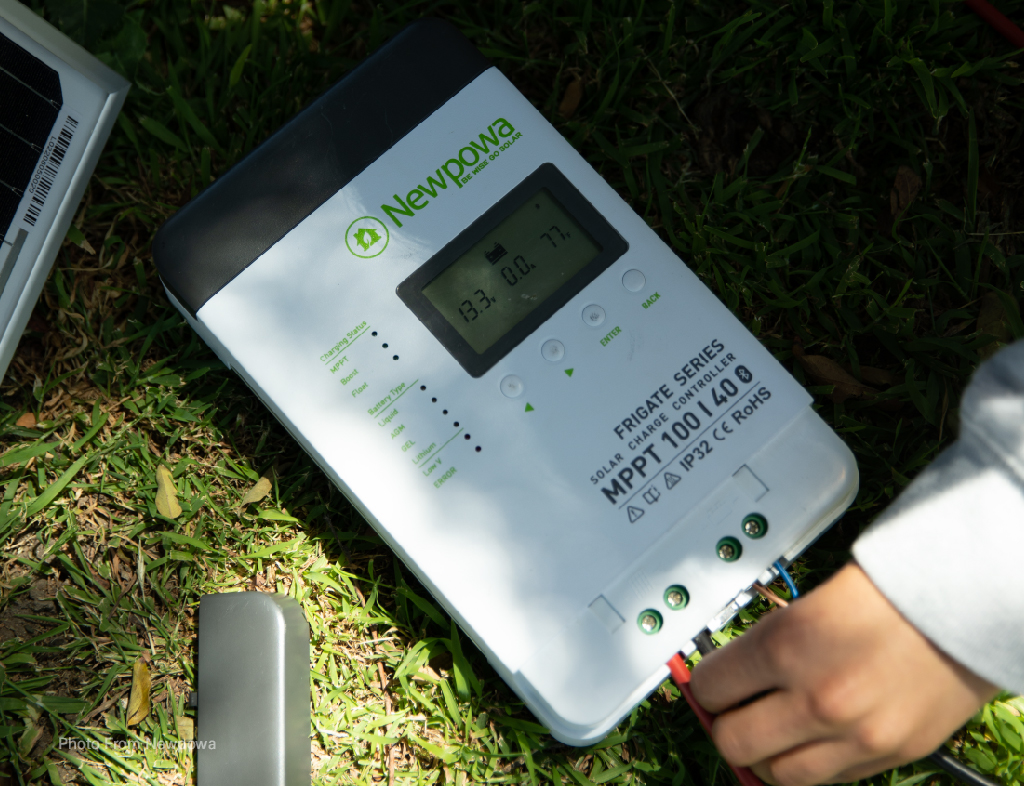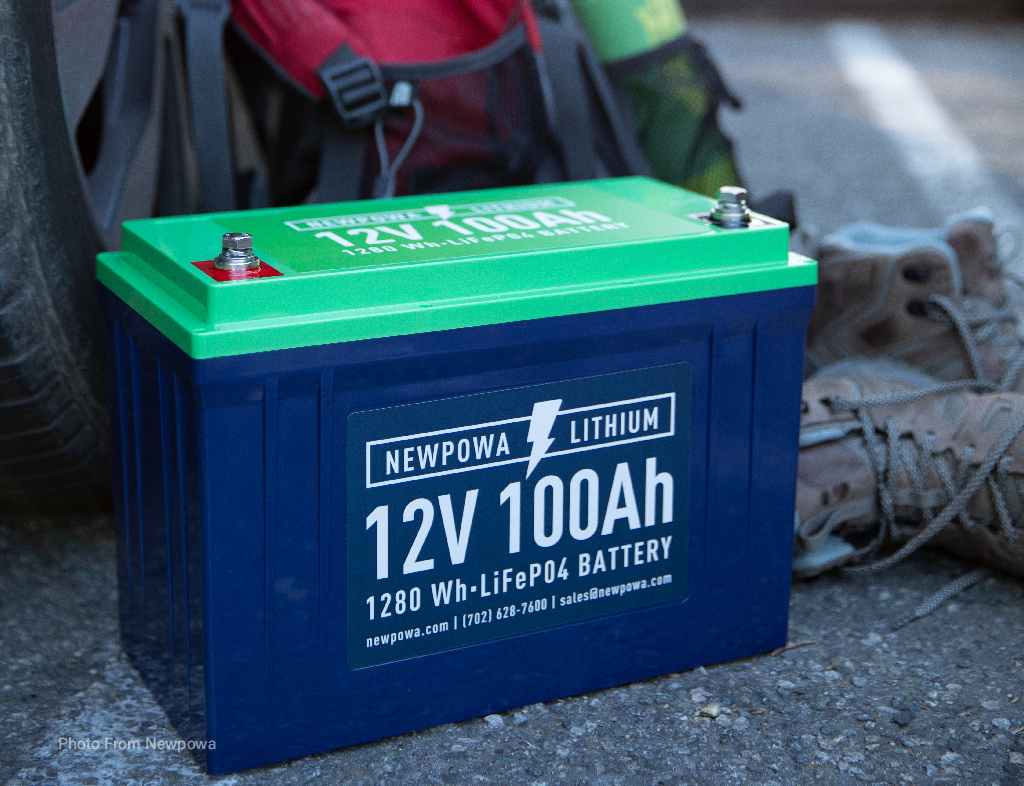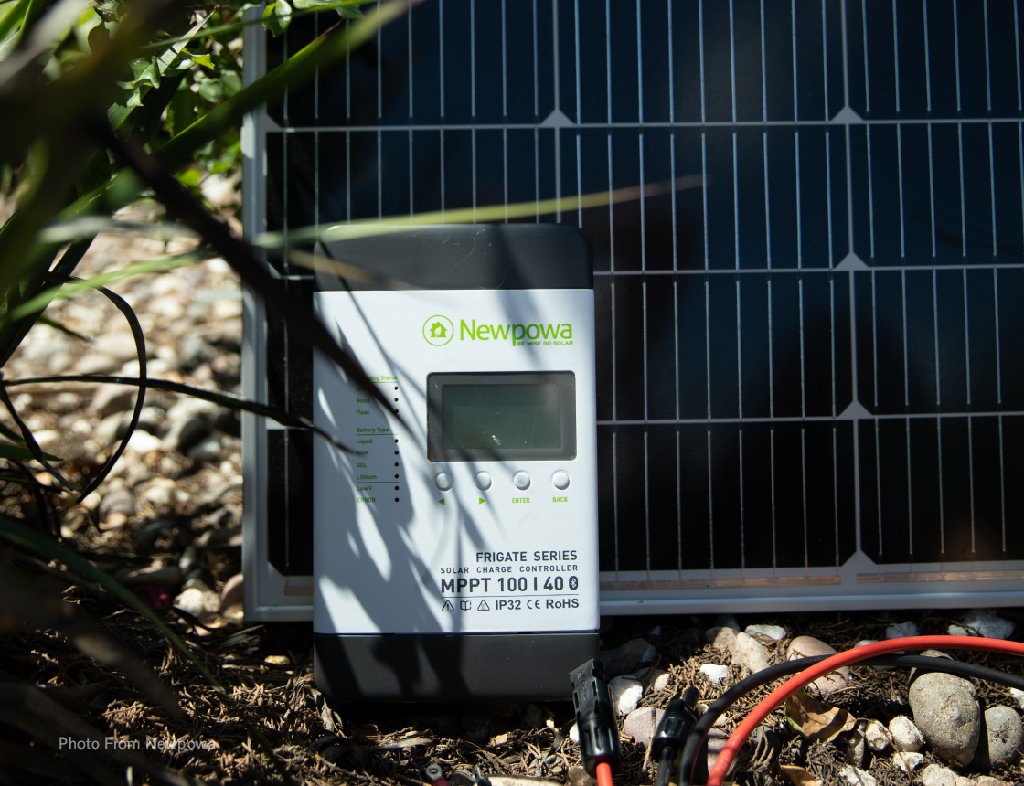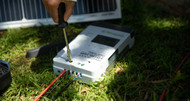ISSUES CHARGING AFTER A SHORT-CIRCUIT - HERE'S WHY
27th Jul 2023
Are you having trouble charging your battery after a short circuit? If so, don't worry - you're not alone. Short circuits can be a real pain in the neck, especially when it comes to having to charge your batteries. But don't panic just yet. Here's why you may be having this problem and how to fix it.

It's important to understand what happens when a short circuit occurs. In short, a short circuit happens when an electrical current flows through a different path than the intended one. This causes a sudden increase in electrical current. So, it's no surprise that a short circuit can cause problems for your battery.
The most common reason for your battery not charging after a short circuit is a problem with either your charge controller or solar panel. As we all know, a solar panel’s job is to harness the power and send it to the battery through the charge controller. The charge controller is then responsible for regulating the flow of electricity from the solar panels to the battery. When a short circuit occurs, the diodes in the solar panel will go out and the charge controller may throw an error code, leading to issues with charging your battery. One added benefit of a charge controller is that it is an added failsafe within your system. Speaking of fail-safes, it is always recommended to place a fuse between your charge controller and battery to further safeguard your entire system.

Another reason why your battery may not be charging after a short circuit is due to damage to the battery itself, however, this is highly unlikely as the charge controller’s main job is to protect the battery. If the short circuit was severe enough, it could have caused damage to the battery's internal components, making it difficult or impossible to charge. In this case, you may need to test it and replace it if necessary.
So, how do you fix this problem? The first step is to identify the cause of the issue. We recommend individually testing and inspecting each component from your solar panel(s) to your battery or inverter. Pay close attention to the charge controller to see if it's functioning properly. If it's not, go ahead and disconnect it, then reconnect it. If the problem persists, go ahead, and replace it with a new one. You may also want to check your battery with the help of a voltmeter. In the unlikely event of it being damaged, you'll need to replace it. Lastly, verify that your panels and controller are connected properly with the correct polarity and that they are still producing the correct output.

In conclusion, short circuits can cause problems that can be out of your control but don't despair. With added help from fuses, you should be without worry. By understanding what causes the issue and taking the necessary steps to fix it, you can get your battery back to charging properly in no time.
